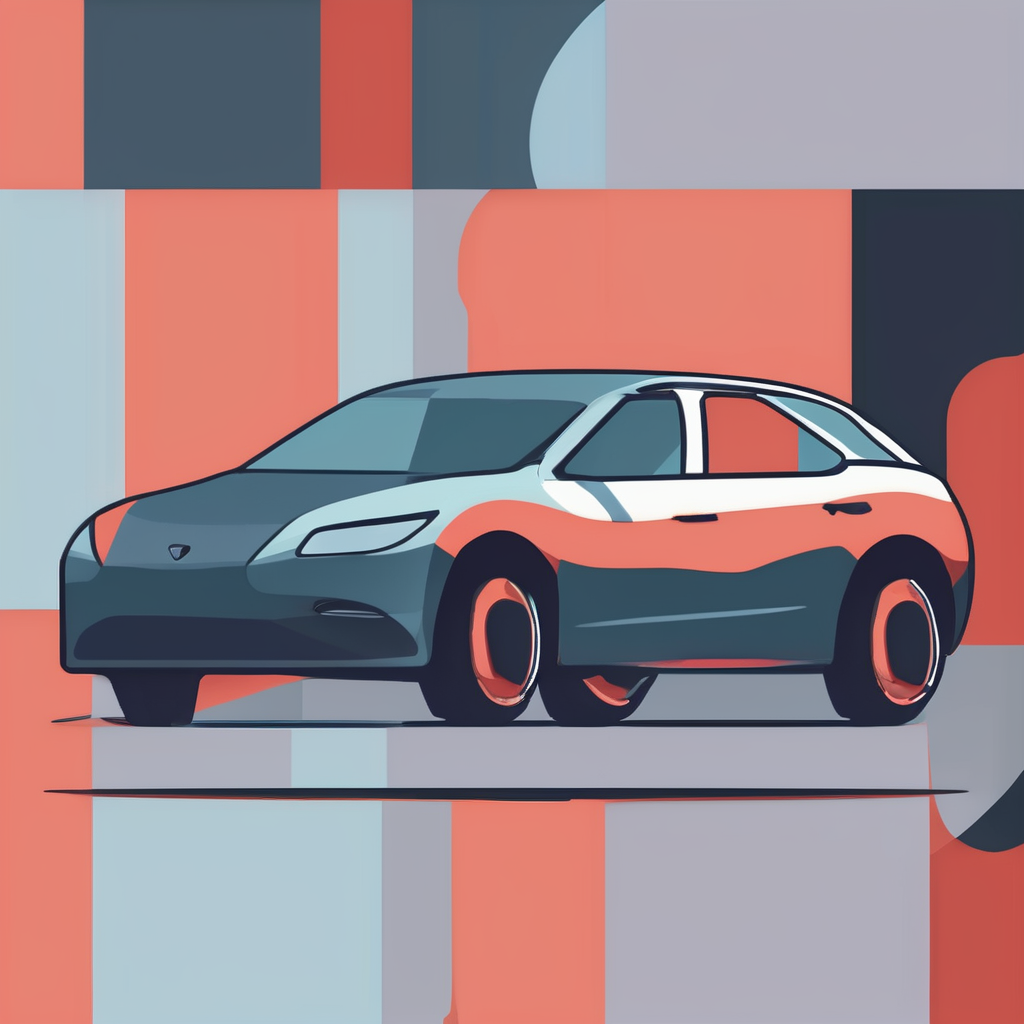Sustainable Vehicle Choices in the UK
When discussing sustainable vehicles in the UK, three main types stand out: electric cars UK, hybrid cars, and low-emission petrol or diesel vehicles. Electric cars UK are fully powered by batteries, producing zero tailpipe emissions. This makes them the greenest choice, especially in cities aiming to reduce air pollution. Hybrid cars combine a petrol or diesel engine with an electric motor, offering a compromise between emissions reduction and driving range.
Low-emission vehicles, including some modern petrol and diesel models, use advanced technologies to minimize pollution but still emit some carbon dioxide. Comparing these options, electric cars UK generally offer the highest environmental benefits, followed by hybrids, while low-emission petrol/diesel vehicles rank lower but remain viable for longer journeys where charging infrastructure is limited.
Also read : How Can UK Car Owners Contribute to a Greener Future?
Accessibility and affordability remain critical factors. Government incentives, such as grants and tax benefits, have significantly increased uptake of electric and hybrid cars in the UK, with electric vehicles now representing over 15% of new car sales as of recent statistics. This trend continuously improves accessibility, encouraging more drivers to choose sustainable vehicles that can suit varying budgets and lifestyle needs.
Eco-Friendly Driving Habits
Adopting eco driving tips can significantly help reduce emissions and improve fuel efficiency. Key techniques include maintaining a steady speed, avoiding sudden acceleration or braking, and using higher gears whenever possible. These habits decrease fuel consumption and lessen your vehicle’s environmental impact.
Additional reading : How Can Vintage Cars Shape the Future of Sustainable Automotive Design?
In the UK, numerous resources support drivers keen to adopt greener behaviour. For instance, the government’s eco-driving courses offer practical guidance tailored to UK road conditions. These programs emphasize how simple behaviour changes can lead to noticeable reductions in fuel use and carbon emissions.
Research shows that adjusting driving style can cut fuel consumption by up to 15%. This not only benefits the environment but also reduces running costs. Moreover, keeping tyres properly inflated and avoiding excessive idling boost fuel efficiency further.
Understanding and implementing these eco driving tips provides a win-win scenario—lower emissions contribute to cleaner air, while drivers save money at the pump. Embracing sustainable driving habits is practical, impactful, and accessible for all UK motorists.
Green Maintenance and Alternative Fuels
Exploring sustainable car care practices is essential for reducing environmental impact. Regular vehicle maintenance with eco-friendly products and techniques not only preserves car performance but also minimizes harmful emissions. For instance, using biodegradable oil and responsibly disposing of automotive fluids support greener upkeep.
When considering alternative fuels, biofuels and hydrogen cars UK lead the way. Biofuels, derived from organic materials, decrease reliance on fossil fuels, offering a renewable energy option. Hydrogen cars in the UK gain traction due to their zero tailpipe emissions and efficient energy conversion.
The UK infrastructure actively supports these alternatives. Hydrogen refuelling stations are expanding, particularly in urban areas, enabling practical use. Incentive schemes also encourage drivers to adopt biofuels and hydrogen vehicles, aligning with broader sustainability goals.
Overall, combining sustainable car care with adoption of alternative fuels like biofuels and hydrogen cars UK promotes cleaner transportation. These strategies offer effective solutions for environmentally conscious drivers seeking to reduce their carbon footprint without sacrificing performance or convenience.
Recycling, Disposal, and End-of-Life Vehicle Solutions
When addressing car recycling in the UK, understanding the environmental impact of vehicle disposal is crucial. The industry increasingly supports the circular economy, promoting reuse and recycling of vehicle components to reduce waste and emissions. End-of-life vehicles (ELVs) are dismantled, with valuable materials like steel, aluminum, and plastics recovered for new manufacturing processes.
The UK has established robust scrappage schemes aimed at encouraging owners to responsibly dispose of older, less efficient vehicles. These schemes offer incentives for turning in cars for recycling, ensuring they do not end up in landfill. Participating in these programs helps promote sustainable disposal and supports the recycling industry in meeting environmental regulations.
When recycling car parts, components such as engines, batteries, and tires are processed separately for safety and efficiency. Metals are melted down and repurposed, while hazardous materials require careful handling to prevent pollution. By following UK guidelines for vehicle disposal and contributing to recycling efforts, car owners help reduce environmental harm and facilitate the growth of a circular economy that values resource efficiency and waste reduction.
Incentives, Car Sharing, and Integrating Public Transport
Government incentives play a crucial role in promoting sustainable mobility across the UK. These incentives often include grants for low-emission vehicles and subsidies for participating in car sharing schemes. By reducing the financial burden of owning cleaner vehicles, these measures encourage drivers to opt for greener alternatives. The UK government incentives often extend to support infrastructure development, such as charging points for electric vehicles, making sustainable ownership more feasible and attractive.
Car sharing UK schemes have grown significantly, offering a practical solution for those who need occasional vehicle use without the costs and emissions associated with full ownership. These initiatives reduce the number of cars on the road, which lowers congestion and pollution. Participants benefit from convenient access to vehicles in urban areas while contributing to a shared-resource economy. The integration of car sharing with public transport integration further enhances this effect by enabling users to seamlessly connect different transport modes, lowering overall carbon footprints.
Combining personal vehicle use with public transport options can reduce commuting emissions substantially. For instance, using a car sharing UK service for short travels linked with bus or train journeys limits individual car reliance. This synergy supports more sustainable travel habits, aligning with broader environmental goals.
